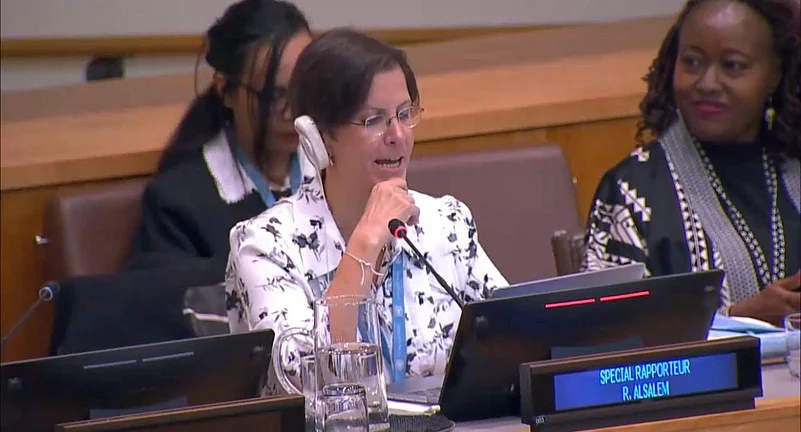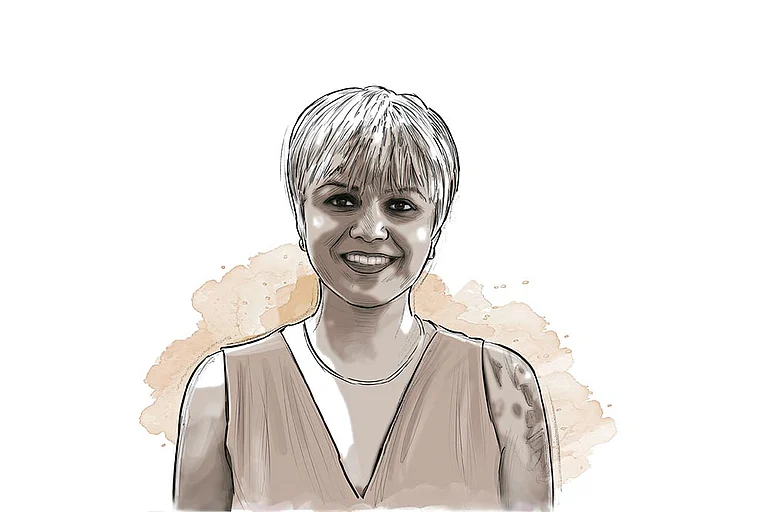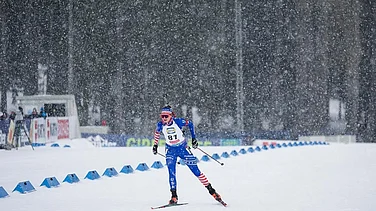"By 30 March 2024, over 600 female athletes in more than 400 competitions have lost more than 890 medals in 29 different sports," stated a report by the United Nations Special Rapporteur on Violence against Women and Girls, Reem Alsalem. (More Sports News)
Alsalem presented her report on "violence against women and girls in sports" in the United Nations General Assembly this month where she revealed the above-mentioned data and also called for the return of sex screening for female athletes. She called for female categories in organised sport to be exclusively accessible to persons whose biological sex is female.
At the 2024 Paris Olympics, a huge row was triggered when Italy's Angela Carini withdrew from a boxing bout against Algeria's Imane Khelif after a heavy punch from the Algerian just 46 seconds into the match.
Carini's withdrawal triggered a massive debate over gender in female sports. Khelif and Taiwan's Lin Yu-ting were at the centre of this controversy as the duo had earlier been banned from taking part in female boxing. Both went on to win gold medals in their respective weight categories.
The report mentions the case and says even though sex screening is invasive, in some circumstances like at the 2024 Paris Olympics, it should have been done.
"At the 2024 Paris Olympics, female boxers had to compete against two boxers whose sex as females was seriously contested, but the International Olympic Committee refused to carry out a sex screening," the report stated.
At the 2024 Paris Olympics, if the passport of the athlete indicated the person to be a female, then they could participate in female sports. Alsalem in her report stated that their are reliable ways to check sex of participants with maintaining their dignity.
"Current technology enables a reliable sex screening procedure through a simple cheek swab that ensures non-invasiveness, confidentiality and dignity," the report added added.
"In a small number of cases, such screenings can indicate a need for follow-up tests as part of standard medical care with associated duty of care and support. The need for follow-up tests is primarily relevant for athletes who may have been registered as female at birth but who are males that have differences of male sexual development involving functioning testes, male puberty or testosterone in the male range and, therefore, male advantage, and who may be unaware of their condition," the report continued.
Alsalem cites a survey to show that most female competitors wanted sex screening to continue when the tests last took place in 1996 Olympics.
Alsalem in her report also criticised the practice of testesterone suppressing, calling it both invasive and ineffective.
The 24-page report also points out that sports can be made inclusive by either creating new open categories for people who do not wish to compete in the category of their biological sex or by converting the male category into an open category.



























